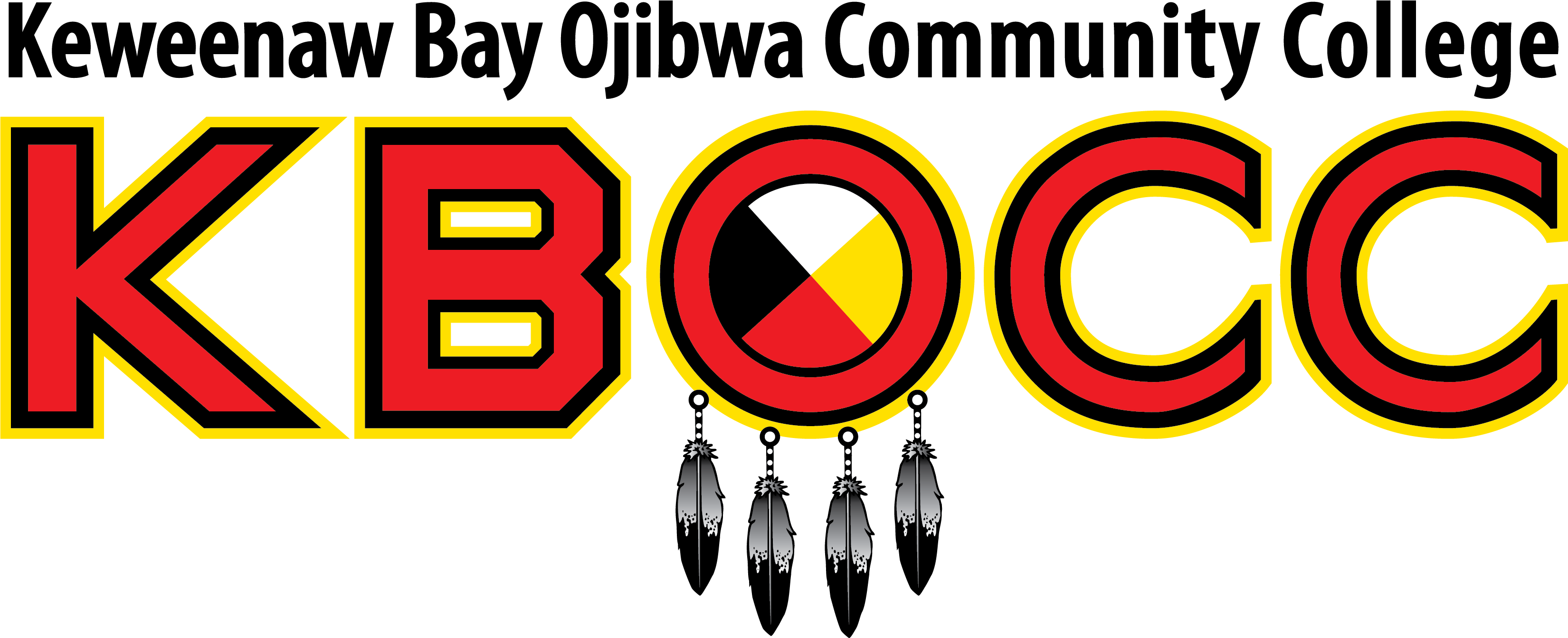PROGRAM SUMMARY
The Associate of Science degree in Environmental Science provides a broad and interdisciplinary approach to natural resource stewardship that emphasizes Anishinaabe environmental values and worldviews. The program includes hands-on field experiences with forests, water, wildlife, fish, and other natural resources as well as a foundation in social science disciplines that are critical for understanding human dimensions of environmental problems and solutions. Students collaborate with Tribal natural resource agency personnel, complete internships, and conduct original scientific research. Students completing the program are well-positioned for employment or for transfer to 4-year degree programs.
PROGRAM REQUIREMENTSGUIDED PATHWAY – FULL TIME STUDENTGUIDED PATHWAY – PART TIME STUDENTPROGRAM OUTCOMES
1. Explain the importance of the natural world in Anishinaabe culture.
2. Explain scientific principles pertinent to environmental science.
3. Explain social science concepts pertinent to environmental science.
4. Conduct environmental research relevant to tribal cultural values by applying the scientific process within indigenous scientific frameworks.
5. Deliver a presentation developed from independent research.
FOR MORE INFORMATION, CONTACT:
Dr. Andrew Kozich
Environmental Science Department Chair
andrew.kozich@kbocc.edu
(906) 524-8301
Wabanung Campus – Room 301
PROGRAM REQUIREMENTS
General Education Requirements
College Success Elective (Choose LS103 or LS133) – 2 credits
EN102 College Composition I – 3 credits
EN202 College Composition II – 3 credits
Math Elective (Choose MA105, MA130 or MA201) – 4 credits
Humanities Elective (Choose ES218, ES219, or any humanities-designated course from a different subject area than the Anishinaabe Awareness requirement) – 4 credits
Social Science Elective (Choose any non-ES social science-designated course) – 4 credits
Anishinaabe Awareness Requirements
Anishinaabe Awareness Requirement (Choose AS101 or OS110) – 4 credits
Environmental Science Requirements
ES110 Introduction to Environmental Science – 4 credits
ES121 Trees of the Upper Great Lakes – 4 credits
GS105 Introduction to Earth Science – 4 credits
BI206 Principles of Ecology – 4 credits
Applied Ecology Elective (Choose BI200, BI208, or ES204) – 4 credits
Wildlife Science Elective (Choose BI203 or BI205) – 4 credits
Environmental Social Science Elective (Choose ES158, ES216 or ES217) – 4 credits
Science Elective (Choose any BI or ES course, or IS110) – 3 credits
ES298 Internship – 1 credit
ES297 Capstone Seminar – 2 credits
Total Credits Required – 62 credits
Environmental Science Research
The KBOCC Environmental Science Department conducts grant-funded scholarly research and employs students as research assistants. Below are recent articles the department has published in peer-reviewed journals.
Walleye Ogaawag Spearing in the Portage Waterway, Michigan: Integrating Mixed Methodology for Insight on an Important Tribal Fishery
Authors: Andrew T. Kozich, Valoree S. Gagnon, Gene Mensch, Sophia Michels, Nicholas Gehring
Universities Council on Water Resources – Journal of Contemporary Water Research & Education – Issue 169, Pages 101-116, April 2020
